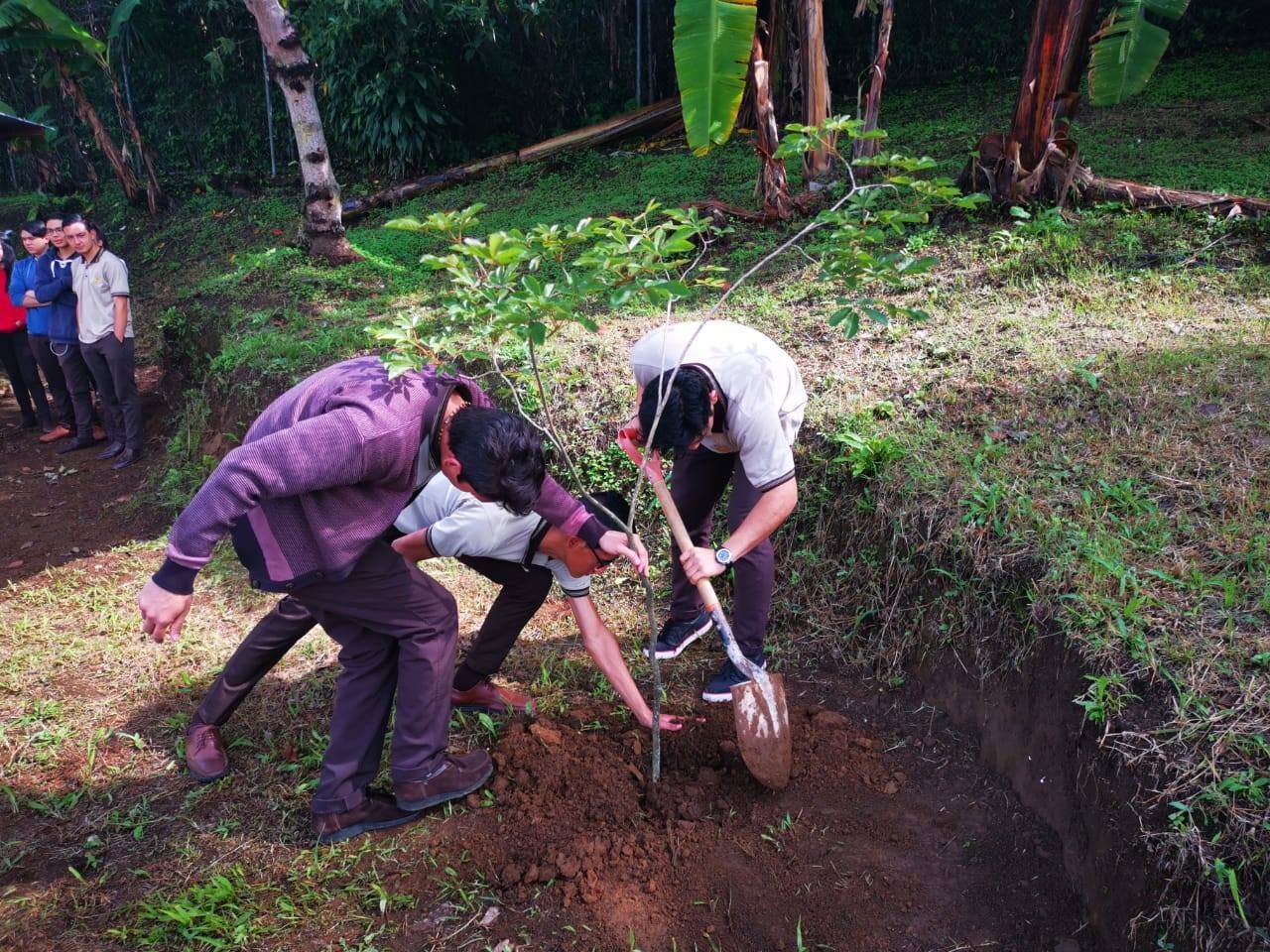The initiative was launched by the IDB, IICA, the Government of Costa Rica and Microsoft, with a donation of 1.2 million dollars from the Special Fund for Poverty Reduction Program (JPO) of the Inter-American Development Bank (IDB). The partnership is aiming to develop an educational model that incorporates the needs of rural areas into the curriculum of rural schools and to heighten interest in agriculture-related professional careers.

San Jose, 21 January 2021 (IICA). A partnership between the IDB, the Inter-American Institute for Cooperation on Agriculture (IICA), Costa Rica’s Ministries of Agriculture and Livestock (MAG) and of Public Education (MEP), as well as Microsoft, will foster education in the biological, agricultural and environmental sciences in that country, through a pilot program in technical schools in the provinces of Puntarenas and Limón.
The initiative, which was launched at the start of 2021, has a 36-month work plan and will test an educational model for teaching and learning natural and environmental sciences, while promoting greater interest in agriculture-related professional careers. In so doing, it seeks to address the needs of rural areas, increase the inclusion of women, drive agricultural profitability and reduce rural-urban flight.
Phase One of the project, entitled “The Importance of Scientific and Environmental Secondary Education to Rural Agricultural Communities”, will consist of workshops with the MEP to define the technical scope of the project, as the basis for producing learning material and teacher training modules.
As part of the initiative, IICA will develop an educational model for teaching and learning natural and environmental sciences in secondary education, specifically for rural agricultural areas.
“Enhancing the technological skills of young students in the country’s decentralized areas is a strategy that will undoubtedly improve the quality of life of students, their families and communities in general”, stressed Pablo Masís Boniche, MEP’s Director of Technical Education. “Boosting the professional profile of these regions’ upcoming generations will contribute to a more even distribution of the country’s economic and social development—from rural areas to communities in the Central Valley—and most importantly, will strengthen the main economic activities in these regions, such as agriculture, the environment and tourism in different forms”.
He went on to point out that, “The country has developed a solid technical education presence in rural areas, and thus professional technical schools, their resources and their sizeable farms have the required potential for the development of this joint project”.
José Ramón Gómez, IDB Representative in Costa Rica, remarked that this project provides a good example of how we should spur growth and development – using initiatives that address local needs, with education, digitalization, technology and a gender focus.
On the other hand, Luciano Braverman, Microsoft Latin America’s Director of Education, commented that, “We know that the challenge of supporting education in all spheres, particularly in the rural one, requires much more technology. We must revise models, construct relevant pedagogical proposals, create digital content aligned with local problems and promote professional pedagogical development in a systematic way, while also creating communities of practice. Thus, we celebrate the start of this project, confident that it will generate greater opportunities for locally relevant education”.
“In Costa Rica, much like the rest of Latin America and the Caribbean, agriculture is the main source of livelihood in rural areas, yet it is given minimal emphasis in the curriculum of schools in these areas. This contributes to low learning levels and to young people’s abandonment of the education system, which is a poverty trap that must be resolved”, said Manuel Otero, Director General of IICA.
In Otero’s view, these factors, combined with the effects of climate change and reduced economic activity due to the Covid-19 pandemic, make it necessary to transform the rural educational model, reducing its urban bias, modernizing it and infusing more technology, for application in a face-to-face or virtual environment.
To develop this model, IICA will adopt a participatory approach that will integrate parents, teachers, students and agricultural producers in the rural areas of Puntarenas and Limón, which are coastal provinces in Costa Rica, where agriculture and tourism are among the most important economic activities.
Subsequently, approximately 100 teachers will receive training and ongoing technical assistance to implement the new approach in the educational process.
Almost one and a half million dollars will be invested to develop this model, the bulk of which will come from the Japan Special Fund for Poverty Reduction Program, administered by the IDB, along with other contributions from IICA and Microsoft.
More information:
Institutional Communication Division, IICA.
comunicacion.institucional@iica.int











